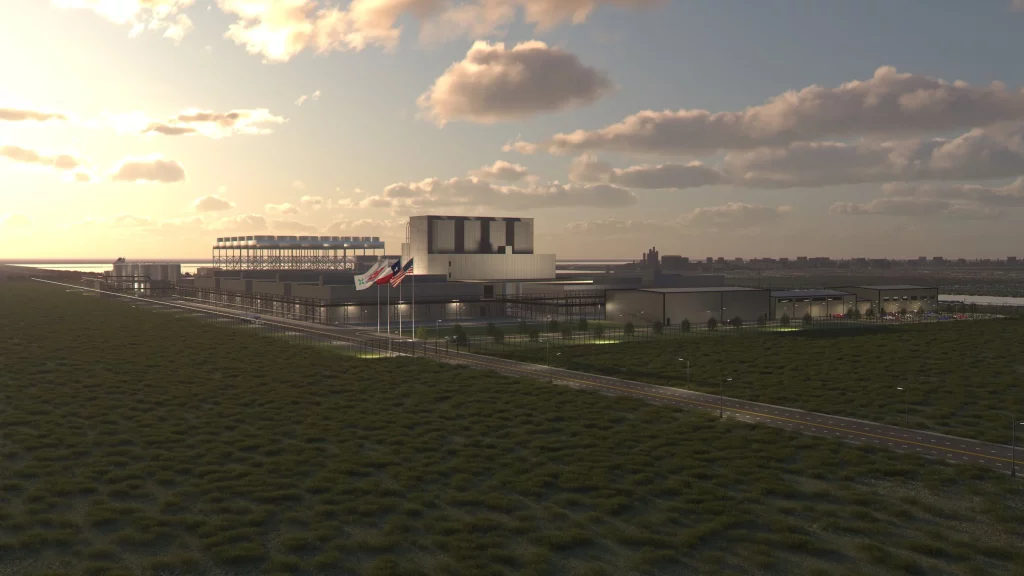The UK and US have signed a new agreement designed to accelerate the licensing and delivery of nuclear power projects, paving the way for major private investment and thousands of construction and engineering jobs across both countries.
The deal, formalised during Trump’s state visit last week, will reduce licensing times for new nuclear projects from around four years to two. This commitment is already underpinning a wave of commercial agreements between UK and US companies, with the potential to create thousands of roles in construction, supply chain manufacturing and long-term operations.
In the UK, the Nuclear Industry Association reports that 11,000 new jobs have been created in 2025 alone, reflecting government-led investment. The new commitments are expected to expand this further, positioning nuclear as a core part of the UK’s strategy for secure, clean, homegrown energy.
Among the headline projects announced, X-Energy and Centrica plan to develop up to 12 advanced modular reactors in Hartlepool. The initiative could generate up to 2,500 jobs and power 1.5 million homes, with a nationwide programme targeting 6GW of capacity. The companies estimate the overall programme could deliver £40 billion in economic value, with £12 billion concentrated in the North East.
In Nottinghamshire, Holtec, EDF and Tritax are planning to redevelop the former Cottam coal-fired power station into a site hosting small modular reactors powering advanced data centres. The project is valued at around £11 billion and expected to support thousands of high-skilled construction roles.
Last Energy and DP World have set out plans for a micro modular reactor at London Gateway, backed by £80 million in private investment. The project is intended to supply clean power to the port and business park, supporting further expansion.
Other developments include Urenco’s deal with US firm Radiant to supply advanced HALEU fuel, TerraPower and KBR’s studies into siting Natrium advanced reactors in the UK, and ongoing collaboration between Rolls-Royce and BWXT. Each Natrium project is expected to generate around 1,600 construction jobs and 250 permanent roles.
The announcements follow confirmation of the multi-billion-pound Sizewell C programme and progress on the UK’s small modular reactor and fusion investments. Together, these commitments mark the largest nuclear expansion in a generation, with significant implications for contractors and suppliers across civil engineering, design, specialist materials and infrastructure delivery.
Prime Minister Keir Starmer said the new partnership would not only secure clean energy but also drive economic growth and skills development. Energy Secretary Ed Miliband emphasised the role of the private sector in delivering new capacity, while US officials highlighted the importance of transatlantic cooperation to secure nuclear supply chains and meet rising global demand.
Image: Centrica







